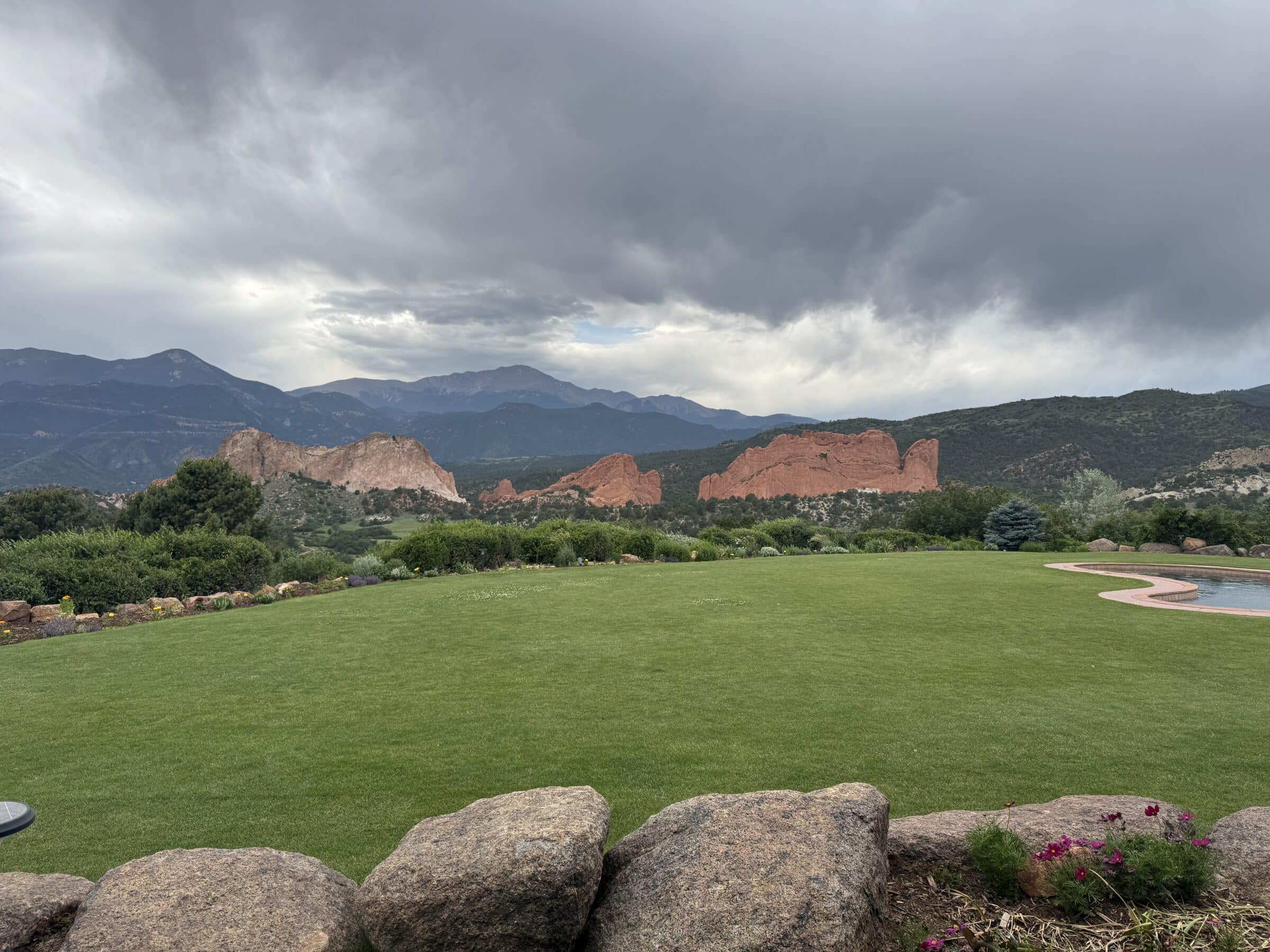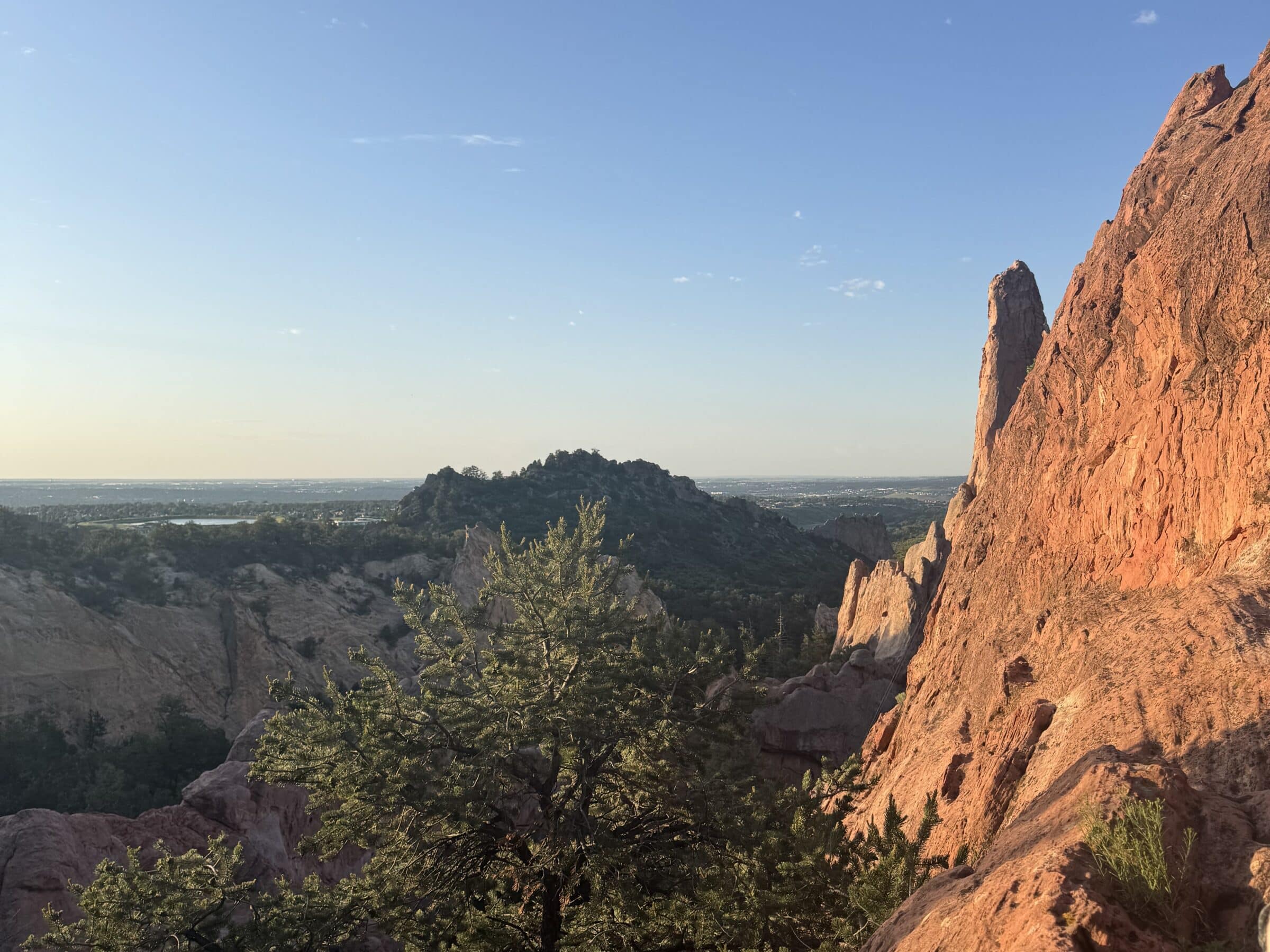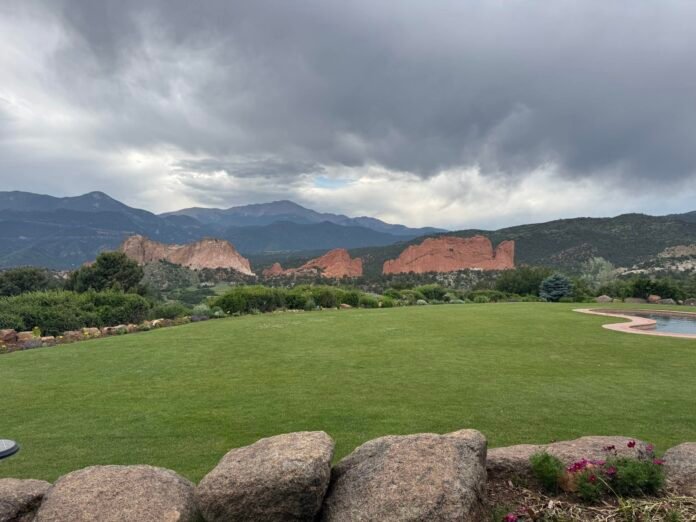
We just finished our 2025 Summer Seminars in Colorado! For the week, we had about 50 students, including undergraduates, master’s students, PhD students, plus some university faculty and scientists working in industry. They came from a range of U.S. colleges and universities, including Ivy League schools, as well as international institutions. They represented all kinds of diverse fields including biology, physics, chemistry, history, philosophy, medicine, literature, geology, engineering, computer science, and multiple others I’m forgetting.
As always, this selective program was entirely cost free to participants, thanks to our generous supporters. As we plant the seeds for the future of intelligent design scholarship, the Seminars are one of the most important things we do at the Center for Science and Culture.
An Intense Week
We started every morning before 9 AM and went until past 9 PM. As the host of the natural science track, I spent most of my time leading the science sessions. Our topics included introducing intelligent design, looking at the evidence for design in cosmology and biology, the origin of life, biological information and complexity, genetics, paleontology, ecology, and biochemistry. We had a day focused on human origins, AI, and the existence of the immaterial mind. The natural science track was also treated to a fantastic session on ID 3.0 research. Humanities and cultural topics included the state of the intelligent design debate and the impact of Darwinism upon society, family life, sexuality, beauty, the arts, biomedicine, bioethics, and faith and science.
John West hosted the humanities track, and he, Brian Miller, and I did the bulk of the teaching. We also had wonderful lectures from Michael Behe, Robert J. Marks, Winston Ewert, Michael Egnor, Guillermo Gonzalez, Bijan Nemati, Jay Richards, Logan Gage, Daniel Reeves, Jonathan McLatchie, Emily Reeves, Paul Nelson, and Richard Gunasekera. Even Steve Meyer was able to lecture to the group via Zoom, as he was travelling and speaking abroad.
We always get a great crop of students, and this year certainly did not disappoint. The Q&A discussions covered numerous subjects, including junk DNA, fossil explosions, the multiverse, the Big Bang, co-option, design detection, evo-devo, evolutionary algorithms, evolutionary psychology, the possibilities of general artificial intelligence, scientocracy, and the existence of the human soul. So many other topics were covered in our conversations that it would be overwhelming to try to remember half of them. What was most exciting for me was that quite a few students who are in their undergraduate, master’s, or PhD studies expressed strong desires to contribute to ID research in the future.
 Photo credit: Casey Luskin.
Photo credit: Casey Luskin.Our Surroundings Pointed to Design
But I would be remiss if I did not mention one of the most important aspects of the Summer Seminars: not only were we learning about the intellectual case for intelligence design, but we studied it in an incredibly gorgeous environment. The nature around us was a constant reminder that our world is infused with purpose and meaning. The surroundings included animal beauty alongside towering geological formations, sedimentary layers that experienced astounding uplift probably associated with the growth of the Rocky Mountains. As a geologist I was able to offer some commentary on what we saw. Everywhere we went we were reminded of design.
All of this is to say, the Summer Seminars are an amazing opportunity to learn about intelligent design and connect with like-minded thinkers. If you’re a student, consider applying in a future year. We hope to see you there.






